Elevate Your Aesthetic with Our Custom Guitar Knobs
These “custom guitar knobs” are for players who actually look at their guitar and want it to feel like their instrument, not just factory stock. If you’re upgrading a favorite guitar, matching hardware, or just done with cheap plastic, these are built for you.
They’re mostly about looks and personalization—cleaning up the control layout, tying the guitar’s aesthetic together, and giving it a small but noticeable upgrade every time you reach for the volume or tone. The extra weight compared to stock knobs also makes each turn feel more deliberate and less flimsy.
Cool Guitar Knobs: Where Form Meets Function
Our guitar knobs are small changes with a big effect on how your guitar feels to you. Many borrow the same pearlescent material we use for our picks, with optional UV-reactive indicator dots that act like quiet waypoints for your settings when the lights drop.
Others lean into engraved metals or dark, shell-like caps that stay low-key until the light catches them. Whatever the top, the weighted metal base makes each volume or tone move feel like a clear decision, not an accidental bump of plastic.
Guitar Knob Fitment

Made to fit 18-spline "Coarse Knurled" potentiometers only
Build Note: We source the knurled metal bases for weight, consistency, and grip. We paint every knob in-house and craft/hand-finish each top. Each piece is made to order and inspected before it ships. Our Oath.
To learn more about guitar knobs, check out our
>guitar knob sizing guide< or check out our >guitar knob FAQ<
*Will NOT fit 24-spline "Fine Knurled" pots like CTS, or "Smooth Shaft" pots that require a side-screw.
**Each knob is sold as an individual single piece
How Do You Make The Knobs Glow?
Most of our guitar knobs are made using a UV reactive resin. They can be charged in direct sunlight for a short bust in color (aqua or green). Some other light sources will also work to charge a lesser degree.
For the most dramatic effect though, we recommend using a UV flashlight or standing near a blacklight. This will bring out the true color of the knobs & really make them pop!
Are Custom Guitar Knobs Difficult To Install?
Installing custom guitar knobs is typically a straightforward process, and with Iron Age knobs, it's even easier. Our custom knobs are designed for tool-free installation – you simply pop off the old ones and press in the new ones.
Are Guitar Knobs Universal?
Guitar knobs are not universal as they are designed to fit specific types of guitars and potentiometers. There are various types of knobs, such as those with set screws that attach to a split shaft potentiometer or those that fit over a solid shaft potentiometer with a knurled or smooth surface. The size and shape of the knob can vary depending on the guitar and the specific model.
Why Are Guitar Knobs Called Pots?
Guitar knobs are called "pots" because they are short for potentiometers, which are electronic components used to adjust the volume, tone, or other parameters of a guitar's pickups or circuitry. The term "pot" originates from the rotating shaft that is connected to a resistive element, which alters the electrical resistance in a circuit. This changes the output of the guitar's pickups, allowing the player to adjust the sound. As a result, "pot" has become a common slang term for guitar knobs.
Do Your Guitar Knobs Pull Off?
Our guitar knobs are designed with a secure press-fit mechanism that ensures a snug fit on metric-sized potentiometer shafts. While they don't have set screws, they're engineered to stay firmly in place during regular use and can even be used with push-pull potentiometers. However, they can be removed when needed, though this requires more deliberate force.
How Do You Replace Guitar Knobs?
To replace guitar knobs, you need to remove the old knob by loosening a set screw or prying it off the potentiometer shaft. You can use microfiber towel or some thin guitar picks to do the prying, never use metal or anything that could damage the guitar finish.
Next, carefully install the new knob by aligning it with the shaft and pushing it on. Finally, test the new knob to ensure it functions properly & turns smoothly.
Why Does My Guitar Tone Knob Do Nothing?
If your guitar tone knob seems to have no effect, it could be due to several issues such as a loose or disconnected wire, a faulty potentiometer, or a worn-out capacitor. In some cases, the problem might be as simple as a dirty connection or as complex as incorrect wiring. We recommend checking the internal connections or consulting with a professional guitar technician to diagnose and resolve the issue.

















